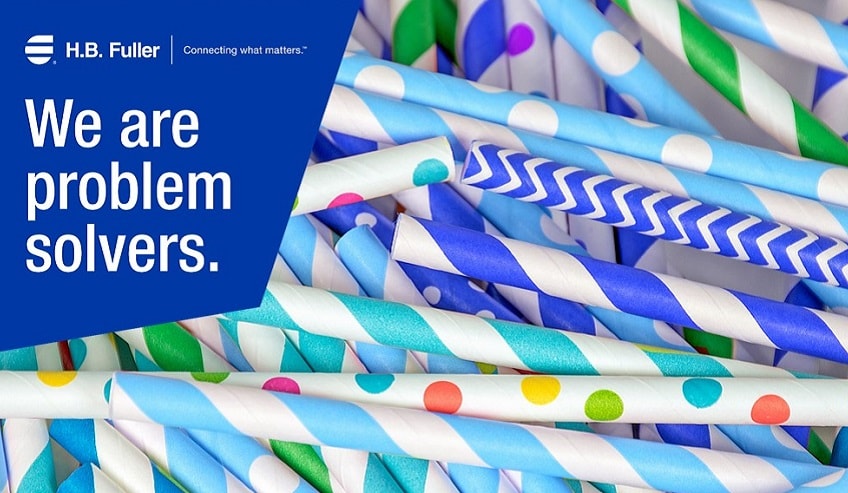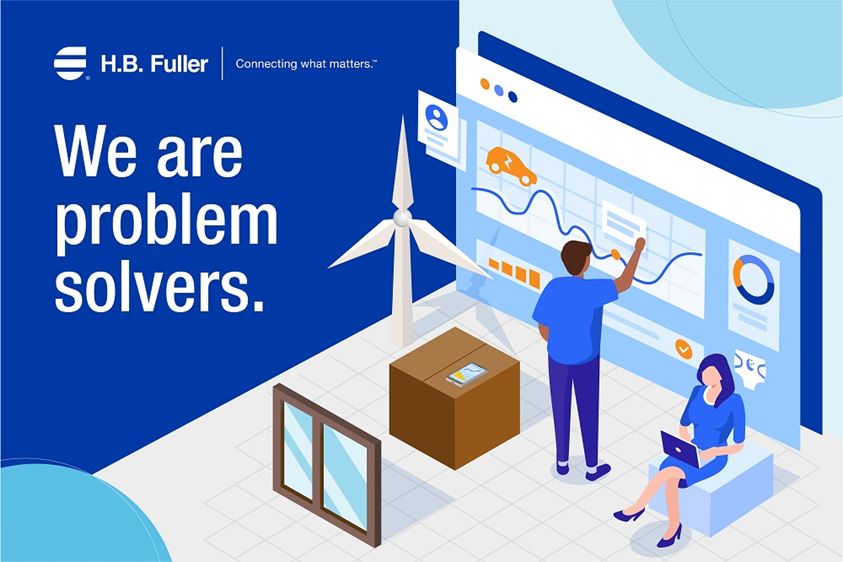
The Glue Talk Blog

Worldwide push in making paper straws a reality
Focusing on moving away from the existing extractive industrial model, the main goal of the circular economy is to reestablish growth and focus on positive, society-wide benefits. Its main principles are to design out waste and pollution, to regenerate natural systems, and to keep products and materials in flow. Various industries and organizations have committed to remove plastic waste by 2030, and the potential for an established circular economy is close. Now is the time to shape this into reality. As we head into a more sustainable future, paper straws, although a small part, will have considerable effect on the environment and how consumers will experience beverages.
Worldwide removal of plastic straws
With the worldwide effort to ban plastics, various countries are in the process of banning plastic straws and other single-use plastic products by June 2021. Among these are all 27 countries of the European Union (EU). Beverage packaging industries and manufacturers are now focusing on removing and replacing plastic straws in the coming months. Some nations are moving faster than others, but the expected outcome is that it will be accomplished for all countries, despite considerable challenges brought about by COVID-19.
Germany is expected to ban plastic straws by mid-2021. In the United Kingdom, a ban on plastic straws, stirrers, and cotton buds was implemented in October 2020. As single-use plastic bans take effect around the world, the market requires a high-performance adhesive that can meet the demand of beverage brands.
A new level, high-performance paper straw adhesive
H.B. Fuller surveyed 1,400 consumers, between the ages of 25 and 65, in Spain, Italy, France, the United Kingdom, Canada, and the United States to understand their attitudes toward paper straws. The survey reported that 65% support the ban of single-use plastic straws. The challenge comes when we see that 47% of those surveyed said that they personally had experienced a paper straw unravel while drinking a beverage.
However, paper straws are a clear alternative to plastic straws. Our goal has been to provide the tools, technology and knowledge to enable a straw that can be used safely, recycled and/or composted. So, we created a high-performance adhesive that won’t break down in a range of cold beverages, including water, juice and milk.
As industries adapt their production lines to new packaging formats, we are confident in our new solution, Swift®tak 5730, a water-based adhesive especially designed to last more than three hours submerged in liquids without becoming excessively soggy or starting to unravel. Swift®tak 5730 unlocks the ability to create a durable, firm, structurally sound straw that holds up to the task at hand.
To ensure the new level and enhanced performance of the paper straw, we conducted rigorous, liquid-resistant adhesive tests that revealed that the adhesive maintains the integrity of a paper straw. We can safely say that it lasts two to three hours in water, and more than five hours in carbonated soft drinks before the straw starts to unravel or become soggy.
Plus, while drinking from this type of straw, the adhesive will be invisible, having barely any traces of odor – and without interfering with the taste of the beverage. This is a milestone for beverage brands in consumer satisfaction. The technology allows paper straws to be compliant with BfR XXXVI for direct food contact for consumer safety. The adhesive was formulated for maximum food safety and is plasticizer free and boric acid free.
Straws also need to remain firmly on packs throughout further processing and supply chain. Our Advantra® hot melt technology is the readily available and suitable straw attachment adhesive for a variety of applications, such as juice boxes. Our offering for straw attachments considers production speed compliance and perfect bonding strength, thus, more juice packs with reduced adhesive consumption.
Discover how we’re leading the exciting eco-revolution towards more sustainable options, and contact one of our specialists to discuss which adhesive solution is right for you.

Blog Categories
Blog Categories
Archive
- 2024
- 2023
- 2022
-
2021
- January (3)
-
February (7)
- Celebrating Exceptional Service During COVID-19 Complications
- Cyanoacrylates: What They Are and What They Do
- Innovative two-shot bookbinding adhesive
- Make a Difference 2020
- Problem Solving: Paper Straws in Drinking Beverages
- Stronger straws sustainable future
- Substances of Interest in Disposable Absorbent Hygiene Products
- March (4)
- April (4)
- May (4)
- June (5)
- July (2)
- August (5)
- September (2)
- October (1)
- November (3)
- December (2)
-
2020
- January (4)
- February (2)
- March (3)
- April (4)
- May (3)
-
June (7)
- Community Support in the Era of Coronavirus
- HBFuller Employee Creates Face Shields with 3D Printer
- Improved Packaging Integrity and Greater Customer Satisfaction
- Liquid-Resistant Paper Straws
- What is a Sealant?
- What Is the Future of Commercial Disinfectants?
- Winning over consumers with e-commerce packaging solutions
-
July (6)
- Employees Take Action to be Part of Healing and Growth
- Gain a competitive advantage with packaging adhesive solutions
- HB Fuller Company Foundations Commitment to Communities
- Packaging Solutions for the South African Agriculture Market
- Supporting Organizations That Provide STEM Education for Youth
- Where Does Sustainability Stand Amid COVID-19
- August (3)
- September (2)
- October (4)
- November (2)
- December (4)
